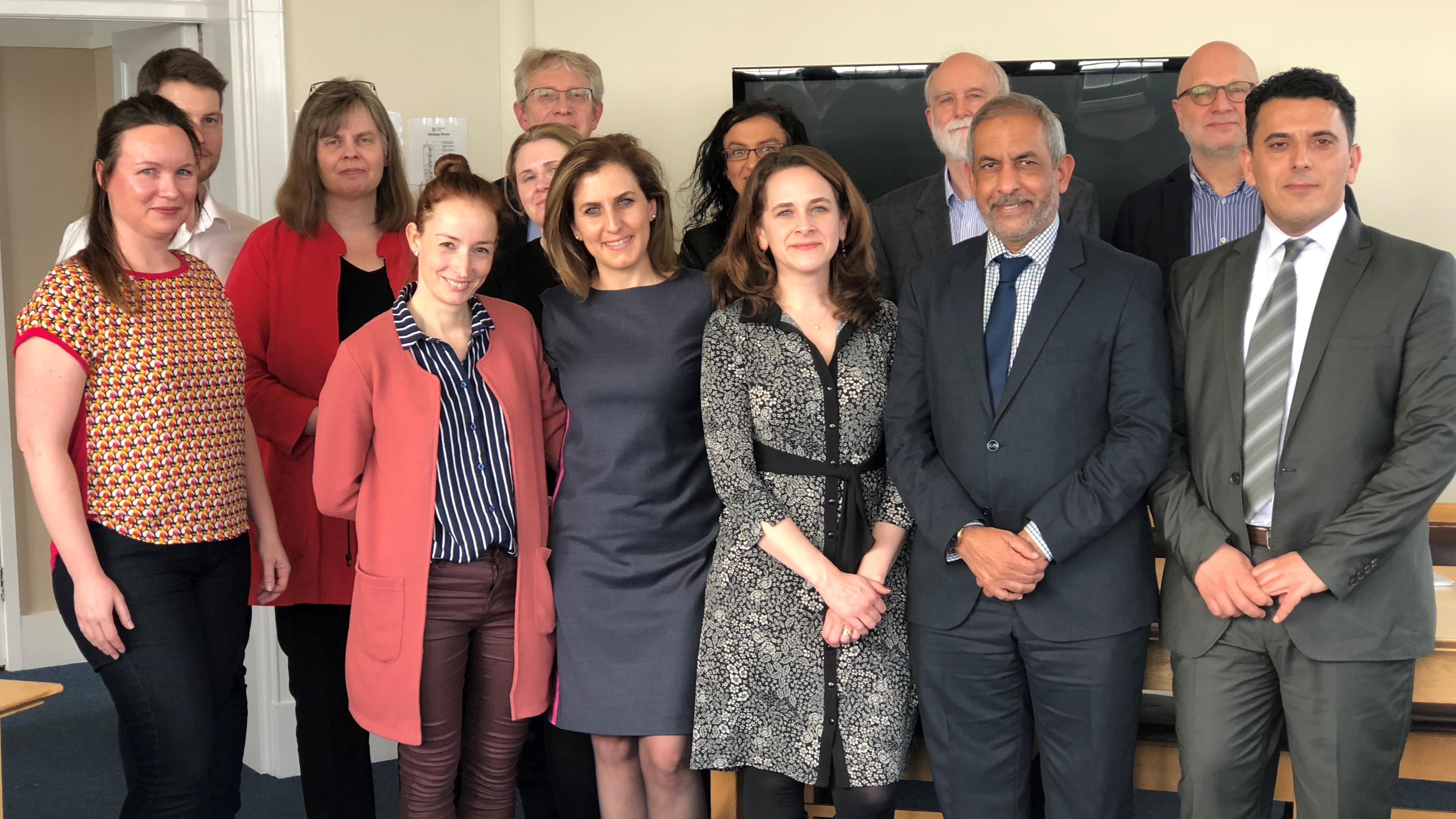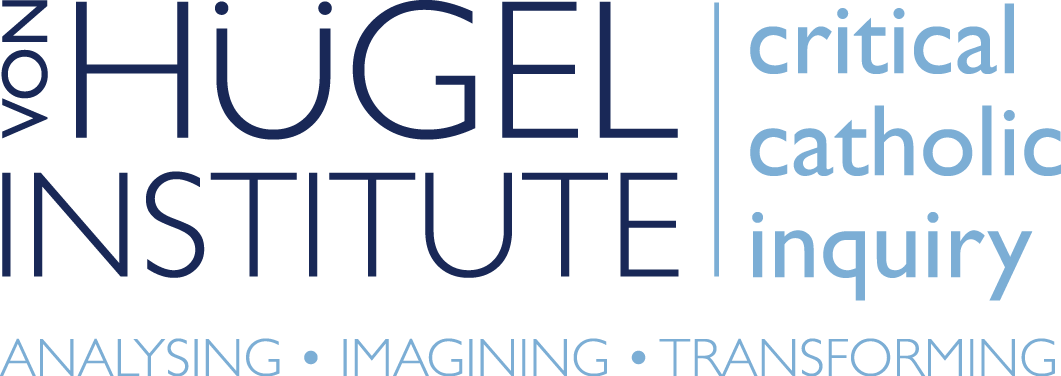
This project, led by Professor Ralf Wüstenberg and co-sponsored by the DAAD/Cambridge Hub with the Europa-University Flensburg, brings together scholars and practitioners with expertise in different country-specific cases of political reconciliation post -1989 (with a particular focus on the German reunification, but also including the South African transition and the case of Ireland) to discuss key questions on both the conditions for political reconciliation and its perspectives for Palestine. The achievement of a measure of reconciliation (inter-personal, intra-personal, societal, national) needs to include framework conditions that cannot be quickly dispensed with (social justice, sharing truth(s) on contested narratives, considering the impact of religion). Several aspects of the German reunification and national solidarity are explored, as well as their potential for emulation in other contexts.
Primary thematic issues are:
- What are the conditions, practices or agreements (and environmental contexts) that enable conflicting parties to interact so as to achieve peaceful solutions? These include a variety of institutional procedures and jurisdictional remedies such as the practice of Truth Commissions; different settings of courts – traditional legal or other, as in Rwanda; inter-party and inter-governmental agreements, such as the the Good Friday and Saint Andrew Agreements.
- What are the demands of both conflictual parties to achieve a stage where they can develop the wish for a nation building?
- Can a comparative analysis, including the dramatic history of the process of Unification in Germany and that of South Africa be used as a blue print for the struggle of justice and reconciliation in Palestine.
Invited speakers will explore these questions at an international two-days workshop on 9-10 March 2018, they include:
- Mr Ashraf Y Suliman, South African Ambassador to Palestine, South African Representation, Ramallah
- Prof Amjad Abu El-Ezz, Department of Social Sciences, An-Najah National University, Nablus, Palestine
- Dr Zeina Barakat, Jerusalem/Jena (currently Postdoc at Friedrich-Schiller-University, Jena, Germany)
- Prof Matthias Bauer, Department of German Studies
- Prof Ralf Wüstenberg, Department of Theology
- Prof Colin Williams, St Edmund’s College, Cambridge
- Dr Elizabeth Phillips, Faculty of Divinity, Cambridge
- Dr Stephen Plant, Trinity Hall, Cambridge
- Dr Gerd Hankel, Hamburger Institut für Sozialforschung
- Dr Maria Power, University of Liverpool
This project has enabled the creation of a time-limited research network focused on specific themes within these chosen contexts. Further outcomes will consist in an edited volume, as well as several policy papers. A second workshop is currently been planned in 2019. For details please contact Professor Ralf Wüstenberg.


